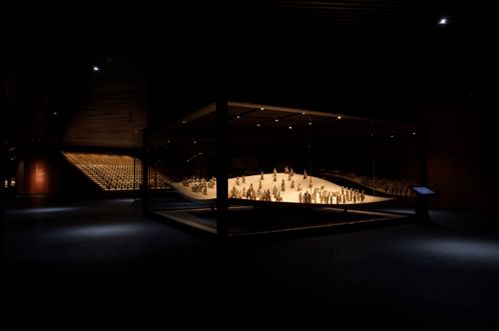Exploring the Concept of "Latenight Libraries"

Latenight libraries, also known as overnight or 24hour libraries, have become increasingly popular in recent years. These libraries are designed to cater to the needs of students, researchers, and avid readers who require access to resources and study spaces during unconventional hours, such as in the early hours of the morning. Let's explore this concept and its importance in the academic community.
1. The Growth of Latenight Libraries
With the demands of modern education and research, the traditional operating hours of libraries have become restrictive. Latenight libraries provide a solution by extending their services beyond regular hours, allowing individuals to study and access resources when it best suits their schedules.
2. Benefits of Latenight Libraries
a) Accommodating different schedules: Latenight libraries benefit students, especially those who have parttime jobs or responsibilities during the day. They provide a quiet and productive environment for studying and completing assignments.
b) Promoting productivity: Some individuals find they are more focused and productive during latenight hours. Latenight libraries provide a dedicated space for them to work without distractions.
c) Enhancing accessibility: Latenight libraries ensure that resources, such as books, journals, and databases, are available to all users at any time, fostering equitable access to information.
d) Creating a sense of community: Latenight libraries attract students from various disciplines, allowing them to connect, collaborate, and exchange ideas in a supportive environment.
3. Challenges and Considerations
a) Staffing: Latenight libraries require additional staff to ensure safety and provide assistance. Hiring and scheduling employees for overnight shifts can be challenging but is crucial for maintaining a secure environment.
b) Security: Libraries must implement adequate security measures to protect the belongings of users and ensure a safe working environment during latenight hours.
c) Maintenance and Cleaning: Extended hours can put a strain on library facilities. Libraries need to schedule regular maintenance and cleaning without disrupting users during peak hours.
d) Noise management: Libraries must establish policies to maintain a quiet environment during latenight hours to respect the needs of those studying and working.
4. Tips for Using Latenight Libraries
a) Plan your time: Use the extended library hours wisely by creating a schedule and setting specific goals for your study sessions.
b) Be mindful of others: Maintain a quiet and respectful environment for everyone by keeping noise levels to a minimum and adhering to library rules.
c) Stay safe: When leaving the library during latenight hours, ensure you have a plan for traveling home safely, such as arranging for a ride or using public transportation.
d) Take care of your wellbeing: Latenight studying can be mentally and physically taxing. Take regular breaks, stay hydrated, and be aware of your energy levels.
Conclusion:
Latenight libraries are a valuable resource for students and researchers, providing an inclusive and conducive environment for learning during unconventional hours. With proper planning and consideration of challenges, these libraries can support individuals' academic and professional goals at any time of the day.








